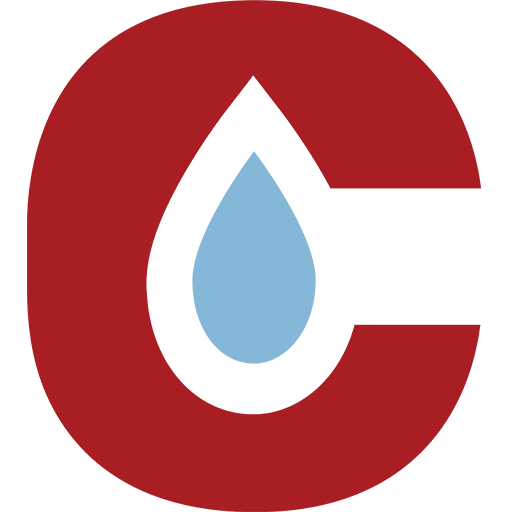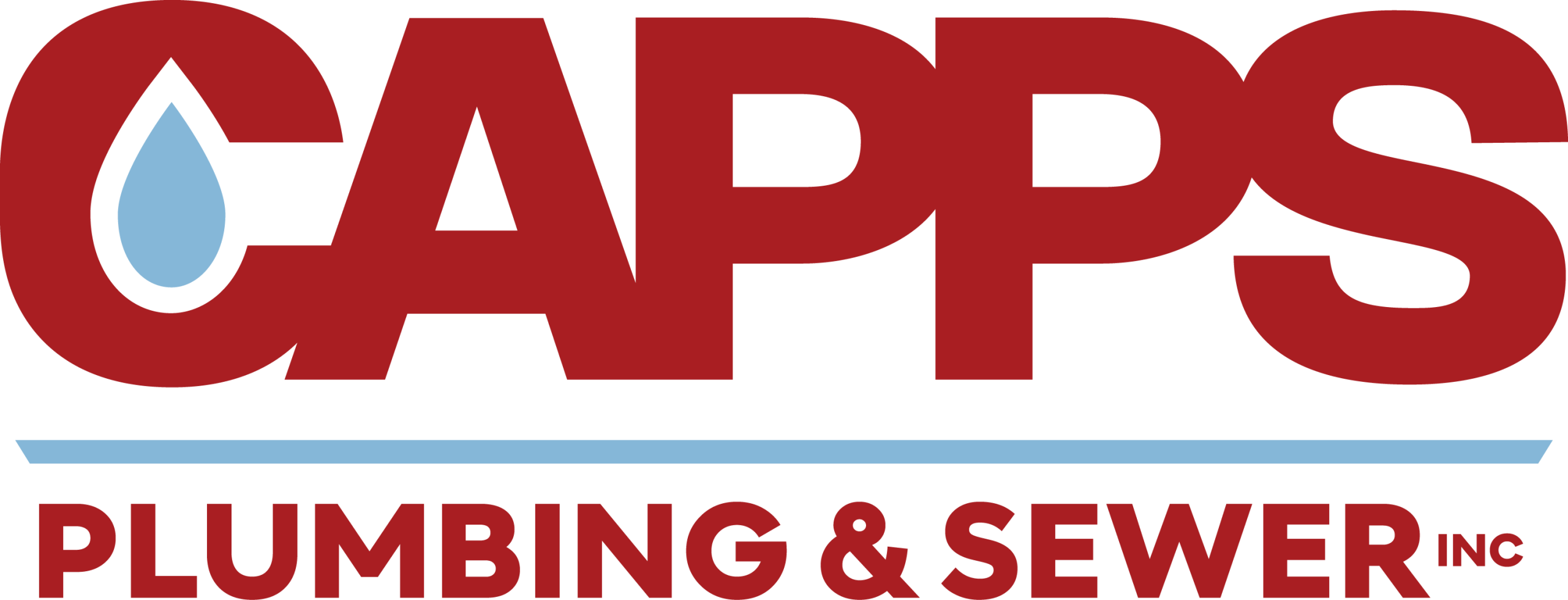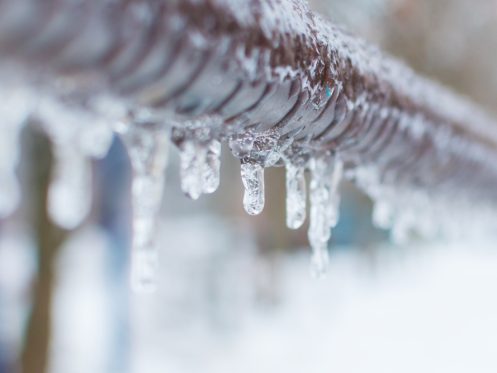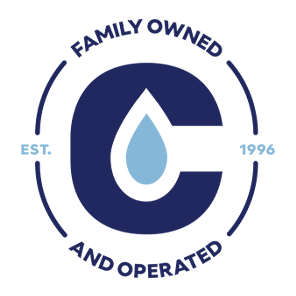If you live in an area that experiences harsh winters, you know how frustrating it can be to have your pipes freeze. Not only is it inconvenient, but it can also be dangerous and costly. Frozen pipes can burst and cause flooding, leading to expensive repairs. In this blog post, we will discuss everything you need about frozen pipes – from understanding the science behind it to identifying high-risk areas in your home. We will also provide adequate measures to prevent pipe freezing and guide you on safely thawing them if they do freeze. Lastly, we will cover the long-term implications of frozen pipes and when it’s best to call a professional for help.
Understanding Frozen Pipes
Frozen pipes can lead to water damage and disrupt water supply, making it essential to understand how they occur. Proper insulation and heating can protect pipes from freezing, preventing costly pipe bursts. Homeowners should familiarize themselves with the science behind frozen pipes to take preventive measures. Thawing frozen pipes should be done carefully to avoid damage. By understanding the potential risks and taking necessary precautions, homeowners can safeguard their water supply lines during a cold snap. The American Red Cross recommends keeping faucets running with a small stream of water during freezing temperatures to prevent pipes from freezing.
The Science Behind Frozen Pipes
Water freezing in pipes is a common problem during cold weather. When water freezes, it expands and exerts tremendous pressure on the pipes, which can cause them to burst. This can happen due to cold weather, unheated areas, or even open flames near the pipes. To prevent freezing, it’s essential to insulate the pipes, keep warm air flowing around them, and seal any cracks or openings. Understanding the unique properties of water and pipes is critical to preventing frozen pipes. Thawing frozen pipes requires gradual heating to avoid potential bursts.
Identifying Frozen Pipes in Your Home
When your pipes freeze, there may be a lack of water flow or a trickle from the faucet. Burst pipes are another clear sign of frozen pipes. Look for other indications, such as a cold water drip, frozen areas, or unheated spaces in your home. To identify frozen pipes, check your water meter for unusual readings, inspect cabinet doors for frost or ice buildup, and pay attention to outdoor areas where pipes may be exposed to colder temperatures. If you suspect frozen pipes, it’s best to act quickly to prevent further damage. Licensed plumbers can accurately locate and diagnose frozen pipes.
Which Pipes Are Most Susceptible to Freezing?
Exterior walls, crawl spaces, and unheated areas house vulnerable pipes prone to freezing. Garages, attics, and crawl spaces with no heating increase the risk. Copper pipes, plastic pipes, and outdoor water pipes are also susceptible. Understanding insulation, valve locations, and pipe flow can help prevent freezing. Take preventive measures to protect vulnerable pipes from bursting.
High-Risk Areas in Your House
Vulnerable pipes are commonly found in crawl spaces, unheated garages, and exterior walls. These locations are more susceptible to freezing due to their exposure to the cold air. Other high-risk areas in your house include attics, unheated spaces, and areas near open kitchen cabinets. Bathroom cabinet doors, crawl spaces, and garage doors also pose a higher risk for frozen pipes. It is essential to be aware of these areas and regularly check for any signs of freezing pipes. Identifying the problem early can help prevent potential damage caused by pipe bursts in freezing weather.
Effective Measures to Prevent Pipe Freezing
Preventing frozen pipes requires pre-winter preparations such as insulation and heat tape. Keeping cabinet doors open allows warmer air to circulate, while a faucet trickle prevents standing water from freezing. Adjusting the thermostat to maintain higher temperatures in the house can also help prevent freezing. Insulating pipes and sealing cracks further protect against freezing. It’s essential to avoid harmful chemicals near pipes and ensure full water pressure for the strength of the container. Protecting vulnerable pipes in unheated areas and getting a licensed plumber inspection are effective preventative measures.
Pre-Winter Preparations for Your Pipes
Preventing frozen pipes requires adequate pre-winter preparations. Insulating water supply lines, disconnecting garden hoses, and shutting off the outdoor water supply can prevent freezing. Additionally, turning off exterior water pipes and draining any remaining water, as well as using heat tape for added insulation, can prevent pipe bursts. It’s crucial to keep your thermostat warm, seal any cracks or gaps near pipes, and ensure proper insulation throughout your home. Understanding frost lines, maintaining full water pressure, and identifying vulnerable pipes is critical to guide your pre-winter preparations.
When Should You Call a Professional?
If you need clarification on thawing frozen pipes, it’s best to call a licensed plumber. Burst pipes, extreme freezing, and water damage require professional assistance. Licensed plumbers have the expertise, tools, and knowledge to thaw frozen pipes safely. Consulting a plumber can prevent further damage, mold, and flooding.
Conclusion
In conclusion, preventing frozen pipes is always the best course of action. However, if you find yourself with frozen pipes, it’s essential to act quickly and safely to thaw them. Remember never to use an open flame or excessive heat, which can cause further damage. If you’re unsure or uncomfortable with thawing the pipes, don’t hesitate to call a professional plumber for assistance. Additionally, be aware of the potential long-term implications of frozen pipes, such as burst pipes and water damage. Taking preventive measures and addressing frozen pipes promptly can save you from costly repairs and inconvenience. Stay prepared and take care of your pipes to ensure a smooth and uninterrupted water flow throughout the winter months.
Schedule an appointment today at Capps Plumbing.




